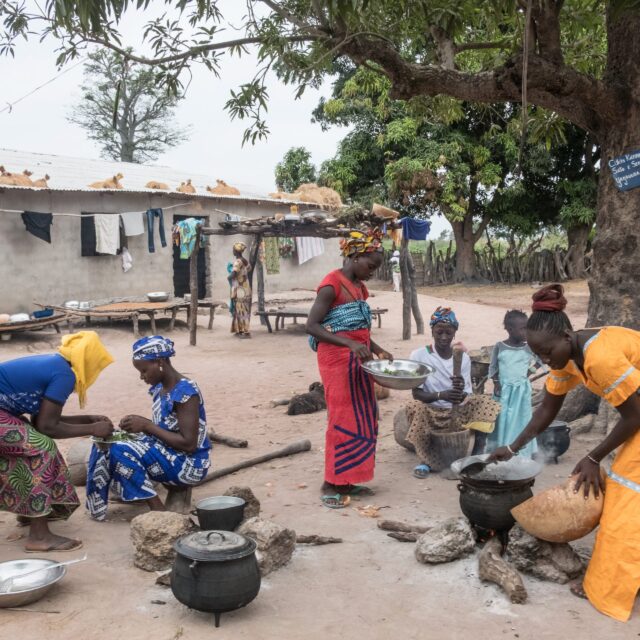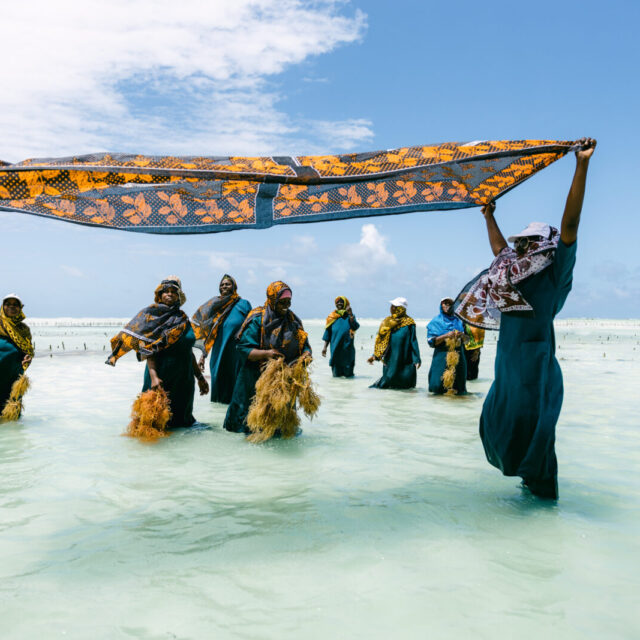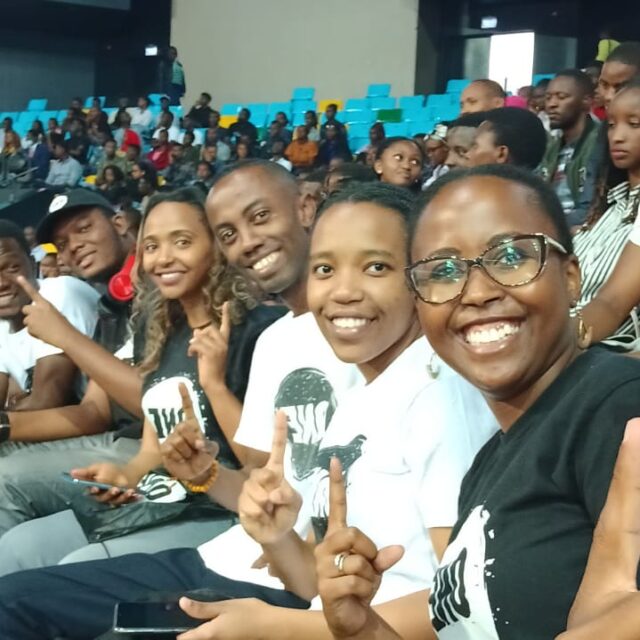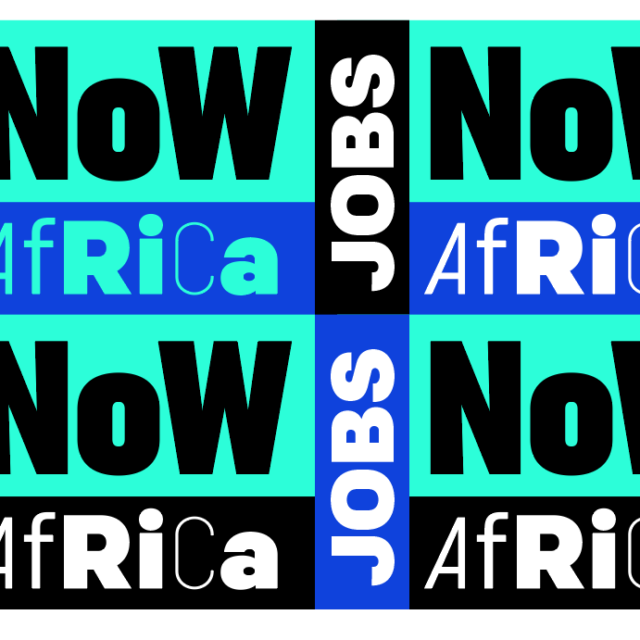A question for all women: if you were to create an invoice for all the unpaid and unrecognised work that you do, how much more would you earn daily? Weekly?
Every day, millions of women globally engage in activities that they are not financially remunerated for. From cooking to cleaning to showing up at children’s school activities, women are responsible for 75% of all unpaid care and domestic work, which is far more than their male counterparts.
It is estimated that women spend an average of 4.5 hours per day doing unpaid work, as compared with just over two hours for men. This imbalance in the division of unpaid labour means that women who also engage in paid labour have less time than their male counterparts allocated to financially rewarding activities.
The burden of unpaid work is felt by women across socioeconomic classes. But it is more severely experienced by women in lower-income groups who lack access to support structures such as affordable child care and domestic help. This is the reality of many women in Africa who do so much work every day, yet are not recognised or appreciated for it, as it is not considered a “proper job.”
The impact of women’s hidden work
In fact, much of the labour women engage in is invisible and is not included in the gross domestic product (GDP) calculations of many countries. Hence while women spend fewer hours in paid labour, they end up spending longer hours working.
The economic growth and development of any society is impossible without the support and contribution that comes from domestic labour. Reaching conclusions about a country’s economic status without including the productivity of these women who do not get paid for their work is misleading and doesn’t truly reflect the economic well-being of a society.
The total worth of unpaid labour and domestic work is estimated to be between 10% to 39% of GDP. In fact, the work women take on in many countries serves as a substitute for basic amenities that should be provided by the government from public funds. This includes things like fetching water or wood for cooking and helping pregnant mothers deliver babies.
According to the African Union Strategy for Gender Equality and Women’s Empowerment, women in Africa shoulder the burden of care. This is especially true in areas where violence, famine, and epidemics have impacted heavily on national resources and infrastructure.
3 solutions: recognise, reduce, and redistribute
Women are holding up the pillars of society and it is time to highlight and celebrate their contributions. It is also time to rethink strategies that provide extra economic opportunities for women without taking into consideration the extra burden of unpaid labour. This leads to what is referred to as “time poverty” — when women do not have the time to pursue other personal aspirations due to domestic labour
Aspiration 6 of Agenda 2063 calls for “An Africa, whose development is people-driven, relying on the potential of African people, especially its women and youth, and caring for children.”
The AU identifies and advocates for gender equality as not only a fundamental human right, but also an integral part of regional integration, economic growth, and social development. The AU developed a strategy for Gender Equality and Women’s Empowerment (GEWE) to ensure the inclusion of women in Africa’s development agenda.
To achieve these aspirations and goals on gender equality — especially to narrow the gender pay gap and expand economic inclusion for women — women must also achieve equality in unpaid work as well. We can follow a model of “3Rs” to achieve this: recognise women’s unpaid work and value it, reduce the amount of their unpaid work, and redistribute unpaid work. This model is well-researched and should serve as a practical blueprint to improve the economic conditions of women, and the society as an extension.
As the world marks International Women’s Day, we celebrate these women who do much that contributes to growth and development without being recognised for it. We also call for advocacy and policy reforms to address the issues of inequality in unpaid and domestic labour.
Initial steps should include the provision of state-funded amenities to reduce the burden on women, men taking an equal and fair share of domestic labour, and the adoption of reforms such as the parental leave that assigns the responsibility of child care to both parents.
“As Africans, it is our collective responsibility to hold ourselves and our leaders accountable to deliver on our gender equality and women’s empowerment commitments.”
— H.E Moussa Faki, Chairperson of the African Union Commission (July 2019 at the Pan-African Women’s Day)



